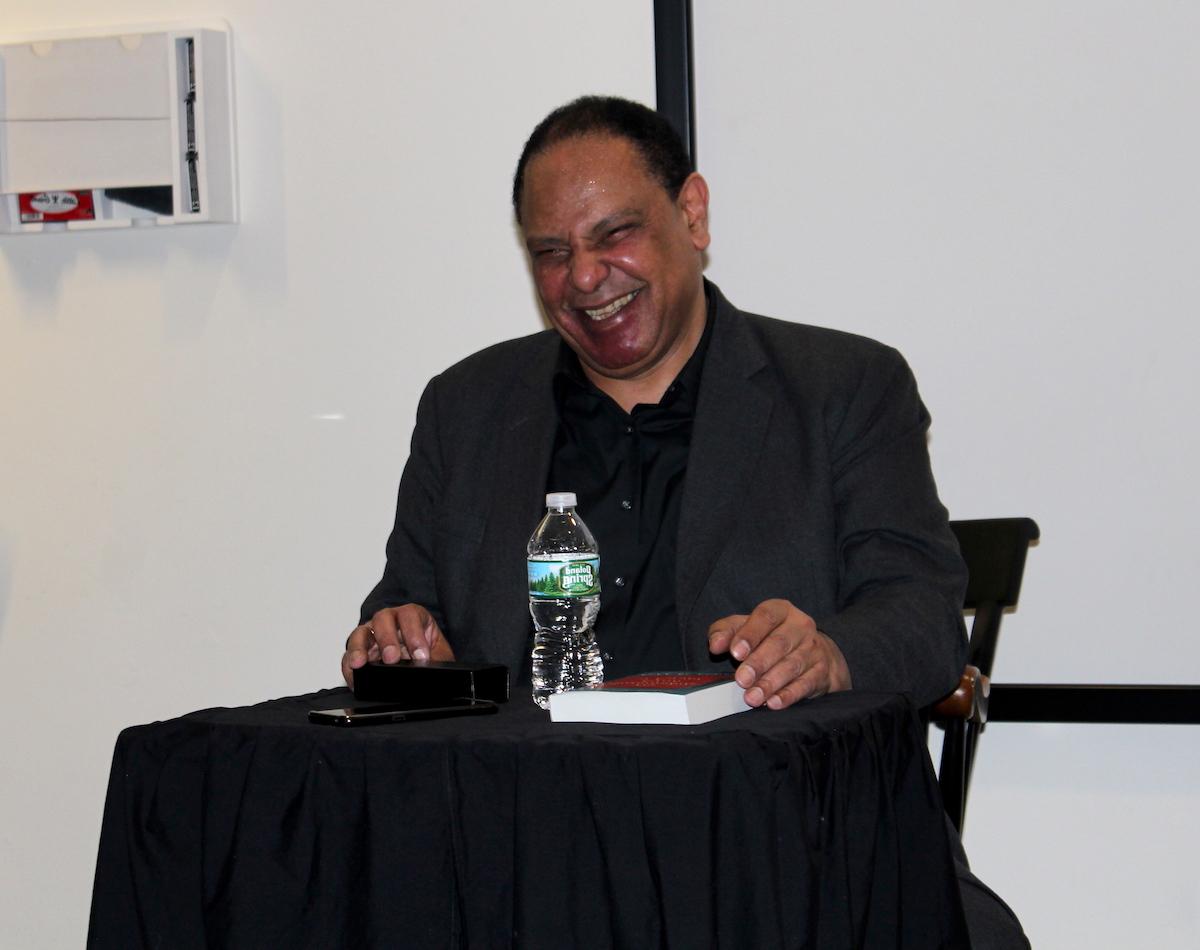An Interview with Alaa Al Aswany, Egypt's Foremost Novelist
By Samara Nassor ’22




The Egyptian novelist has received numerous international awards and recognitions by The Times (UK) and Al Arabiya for his literary works. His most famous novel, The Yacoubian Building, sold over a million copies and was translated to thirty-six languages. In 2011, he was ranked by Foreign Policy magazine as one of the world’s most influential thinkers.
Aswany has been devoted to opening the eyes of Egypt’s literary and intellectual community despite facing exile, countless accusations of being a spy for the CIA, Iran and Israel, and a lawsuit from Egypt’s authoritarian government. He is currently a visiting professor in Middle Eastern studies at Dartmouth College.
According to the Arabic department, Al Aswany has organized weekly literary salons since 1998 to discuss literature, culture, and politics. These meetings played an important role in preparing Egypt's literary and intellectual community for the 2011 revolution.
Literature exposed the novelist to profound moments in daily life that were difficult to define and process, said Lecturer in Arabic Batool Khattab. Although themes such as homosexuality and physical interactions were taboo in his country, books likeYacoubian Building sought to “honestly disclose what was in the underbelly of Egypt,” she said.
The novelist was known for his use of place as a main character. “Places are charged with human history,” he said to his Bowdoin audience. Authors like Charles Dickens and Fyodor Dostoevsky surprised readers by referencing real places such as nineteenth century London and Russia. Even so, it was the human elements incorporated into these works that caught people's imaginations.
When Aswany was asked how he was able to connect with foreign audiences, he answered, “Corruption and sacrifice for change are universal concepts. This is the core of my fiction writing.”
A student later asked, “How could your characters outlive their literary meaning?” Aswany answered: “This was possible through the integration of reality and imagination."
The author started writing at age eleven in a French school in Cairo. Although he pursued dentistry as a career, he viewed his dental clinic as space to observe people, to try to better understand them.
According to Khattab, the Arabic department will be inviting more luminaries from the Arab world to Bowdoin, including a visual artist with a specialty in graffiti who became a salient figure in the wake of the Syrian and Egyptian uprising.